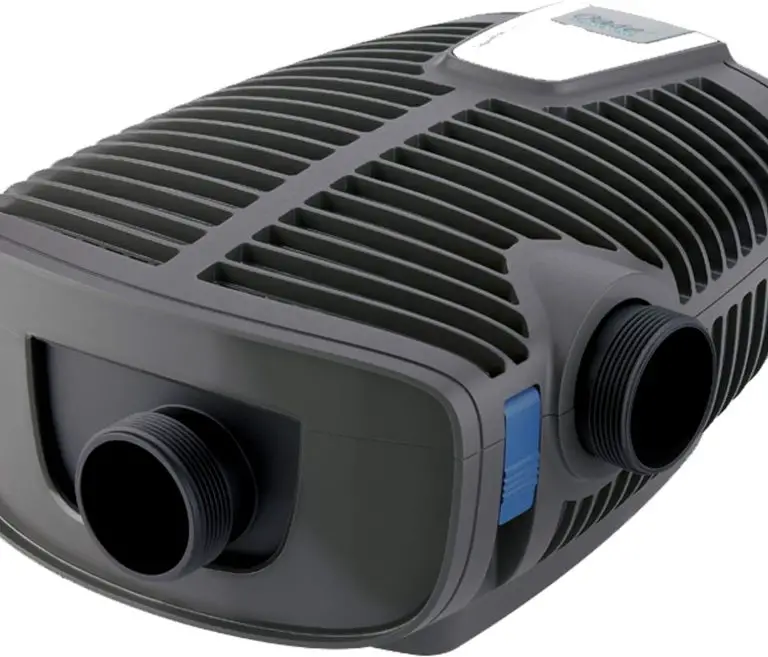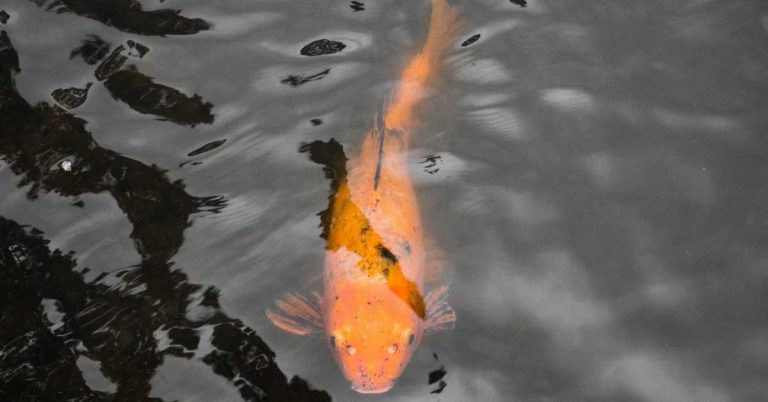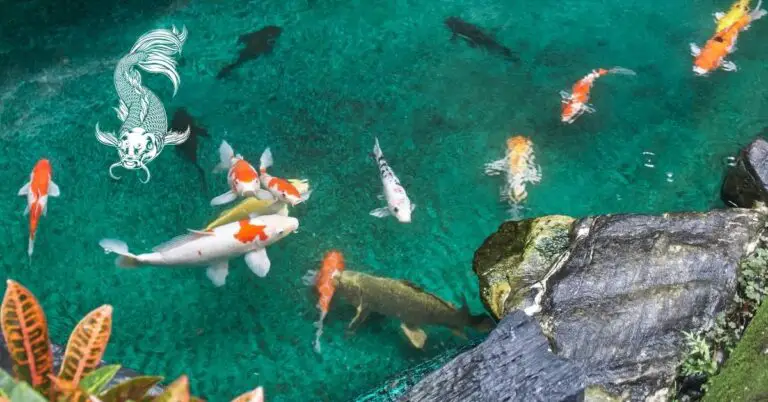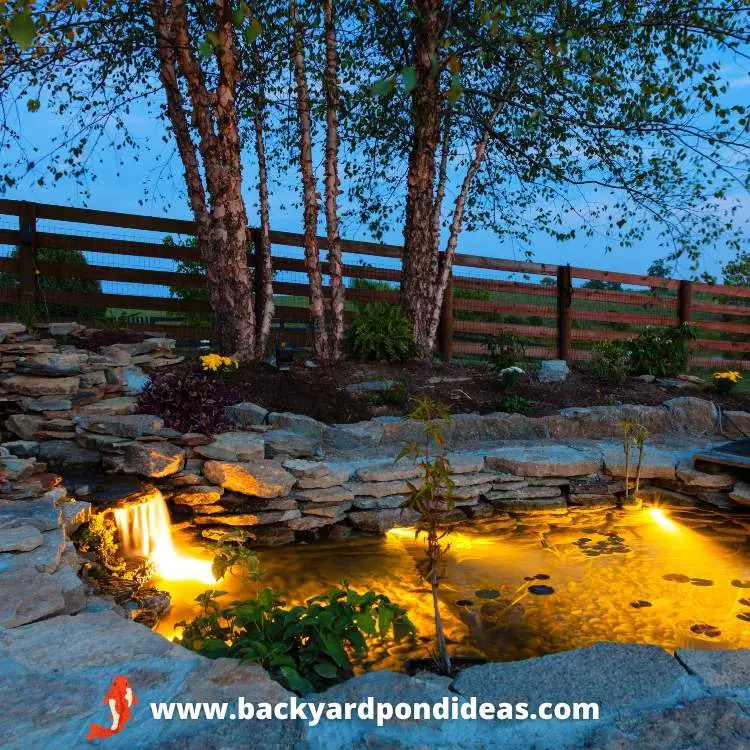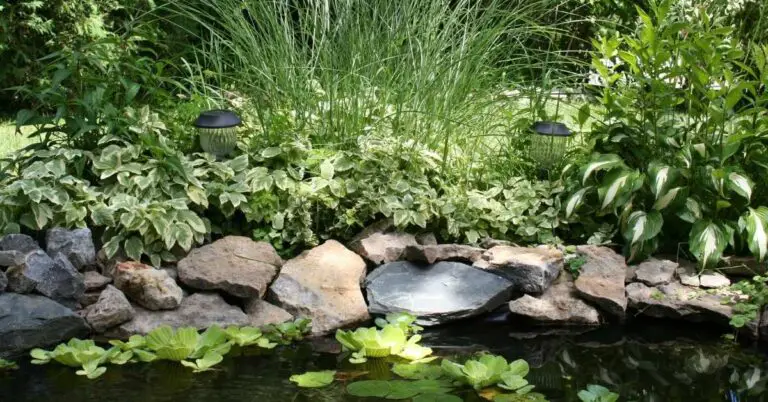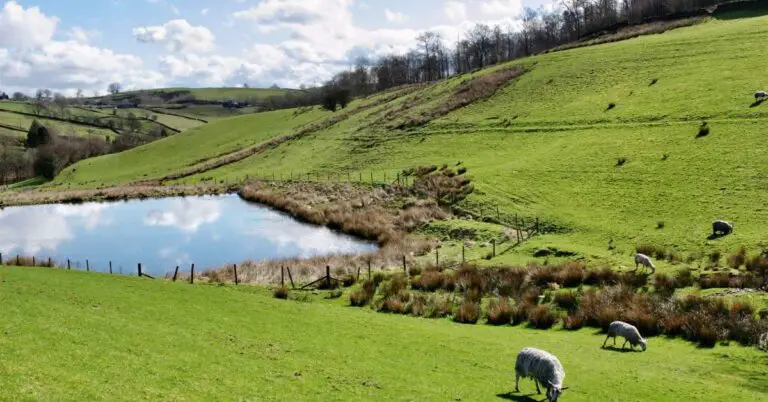Are Backyard Ponds Hard To Maintain?
You may have just finished building your backyard pond, or perhaps you’re still deciding whether or not to build one. Reality sets in – is a backyard pond hard to maintain? It’s a good question.
Backyard ponds are not hard to maintain. They do require some upkeep, but thankfully it’s nothing too strenuous. Many pond owners report doing relatively little to no maintenance on well placed and well planned backyard ponds.
But that doesn’t mean owning a backyard or garden pond is a strictly hands-off affair either. In fact there are some key considerations to keep in mind if you want to keep your pond healthy and prevent it from becoming an eyesore on your property. In many cases, you’ll also need to figure out which is the best pond vacuum for your situation.
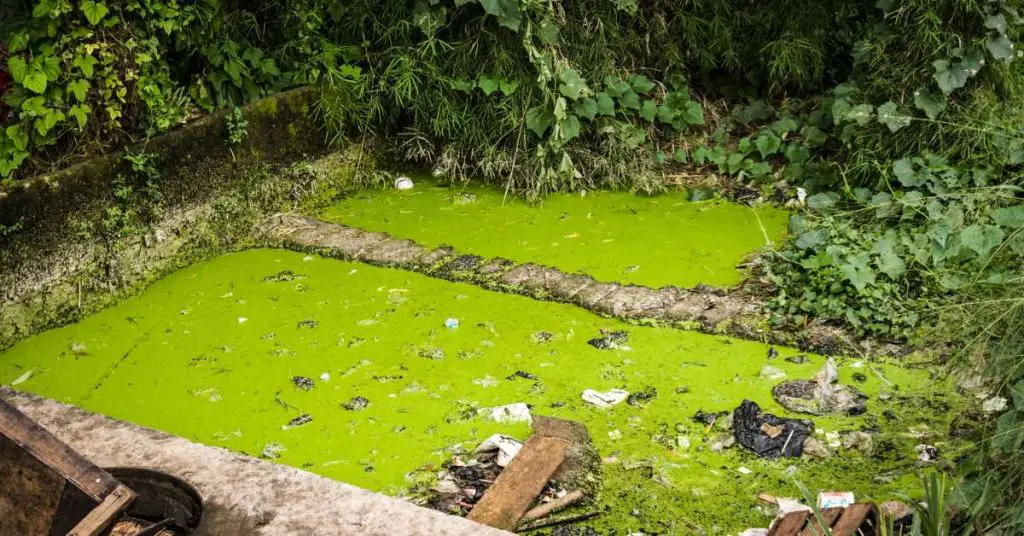
Keeping Your Pond Clean Is A Must
How hard it is to maintain your backyard pond is really a factor of how well planned and maintained the pond is to begin with. Your garden will be easiest to maintain when you actually, well, maintain it.
It’s really no different than any other part of your home or property. The better and more regularly maintained something is, the easier it will be to keep that thing in good condition going forward.
So for a pond this means a few things. You’re going to need to keep your water and your filters clean. You’ll also need to keep your fish alive and healthy as well as think about winterization. Satisfy these requirements and your pond will likely require minimal maintenance or repairs in the near future.
Related Post: How often should I clean my backyard pond?
Keeping Your Pond Water Clean
The quality of your pond’s water is a key factor in the overall health of the pond’s ecosystem. It’s also going to make a huge difference in your pond’s visual appeal as well.
Keeping your pond’s water clean doesn’t have to be a huge pain, though. It just requires a little bit of effort and time once or twice a week.
A large part of keeping the pond water clean comes down to clearing debris from the surface before it has enough time to decay. When leaves and other items decay, it can cause a spike of ammonia levels in your pond which will throw off the pond’s delicate ecosystem.
You can use a pond net to remove most debris very easily. This will prevent leaves from sinking and sticking to the bottom of the pond.
Choosing the proper pump size and filtration system for your pond will go a long way towards keeping it clean as well. As a general rule of thumb, your pump should be circulating the entire volume of the pond’s water once per hour. And in order to keep your pump clear and clean, you’ll need a good filtration system as well. A common type of filter is called a pond skimmer. A pond skimmer helps to remove surface debris like leaves.
Keeping Your Backyard Pond’s Fish Healthy
The fish in your garden pond play a surprisingly important role in keeping its ecosystem intact and healthy. So similar to the expression ‘you are what you eat’, you pond’s health is what your fish eat, and how they live in general.
First, make sure you don’t have too many fish in your pond. Too many fish can cause an overgrowth of fish waste and related bacterias. This can throw off the balance of your pond’s water and disturb its ecosystem. According to Aquaesapceinc, you should aim for 10″ of fish for every 100 gallons of water.
You also want to make sure you don’t overfeed your fish. Just like with leaves and other debris, you don’t want fish food floating on the surface of the pond. If left too long, it will rot and sink to the bottom.
Depending on where you live, you may need to aerate your pond during the hottest days of the year. This is because when the water gets too hot, your fish will have a hard time retaining oxygen. Be sure to provide plenty of shade via water plants and other features within your pond for your fish as well.
Keeping Your Filters & Pumps Clean
As I mentioned above, a big part of your pond’s maintenance is simply in keeping your filters and pumps clean. These are two devices which are working 24/7 to keep your pond behaving and thriving normally, so keeping them in good working order is a must.
Aim to clean your filters about once per week to so they can continue to keep your pond’s water clean. The same goes for a pump, if you’re using one. Luckily it doesn’t take much more than a water and a little elbow grease to keep both clean.
Remember To Check Pond Algae Levels Regularly
Algae is a common issue for many backyard pond owners and, depending on your location and season, it may require some regular maintenance.
You should check algae growth in your pond regularly. Algae can be treated fairly easily with liquid algaecides. Be sure to do your research before using it though as some can be harmful to plants. In such cases, consider using a UV algae sterilizer instead.
Many pond owners, myself included, report liquid algaecides as being the most efficient way to keep algae under control. But your experience might vary so I wouldn’t hesitate giving natural methods a to see how it works for you.
Winterizing Your Pond
If you live in a part of the world that experiences below freezing temperature winters, you’ll need to think about winterization. Winterizing your backyard pond is something you’ll need to do every year and so you should factor this in when determining how difficult owning one will be.
Just like during the rest of the year, you’ll need to keep the pond’s surface clear of debris throughout the winter months. And if you have fish, you shouldn’t feed them below 45F as they will be hibernating and not needing any extra food.
Try to keep your pond from freezing, or cut a small hole in the ice to allow oxygenation. Alternatively, you can use something like inflatable balls on the water’s surface. This prevents the water from freezing without the use of salt or artificial heat sources.
Remove or turn off any filters or pumps during the winter. This will actually make the water slightly warmer for your hibernating fish. Likewise, you can also turn off your filters since your fish won’t be producing the same levels of ammonias and other gasses like they do during the rest of the year.
Tip: If you do decide to cut a hole in the ice, do so very carefully. Too much noise and vibrations going through the ice can disturb your hibernation fish. Consider cutting a hole in the ice using boiling water or a very small handsaw instead of banging on it with a hammer.
Is A Backyard Pond Hard To Maintain? Final Thoughts
Maintaining your garden or backyard pond is something everyone has to do, but that doesn’t mean it’s difficult to do. Just remember to keep the following things we discussed earlier in mind.
Always keep your pond clean. Keep your water free of debris and clean your pumps and filters regularly using only water. And do some research about the kinds of fish you have living in your pond and make sure you’re giving them the care they need to stay healthy.
Learn about keeping the algae in your pond at a healthy level. If there’s too much, you can use a liquid algaecide for greatest efficiency or a UV sterilizer if you want to keep things as natural and gentle as possible.
Finally, remember that colder weather is always just around the corner. Keep your pond free of debris and make sure there are at least some holes in the ice to allow it to be properly oxygenated at all times. Your fish will thank you.

